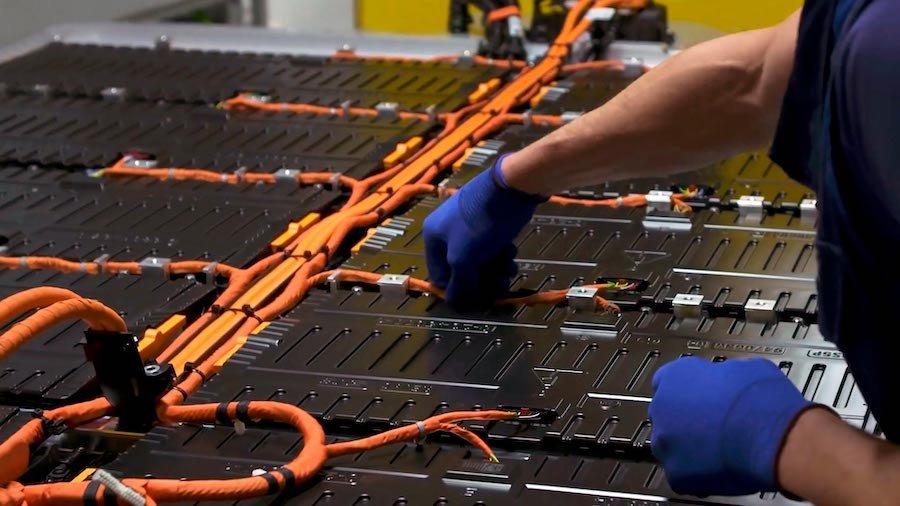Electric vehicle battery packs are cheaper than ever. The average cost of lithium-ion battery packs has dropped 20% in 2024, hitting $115 per kilowatt-hour (kWh), according to BloombergNEF’s annual battery price survey.
This is the biggest price decline since 2017, driven by an oversupply in production capacity, lower prices for materials and components, and a shift toward using more affordable lithium iron phosphate batteries.
Battery pack prices have long been a critical factor in the affordability of electric vehicles (EVs). With this sharp decrease, experts believe EVs could reach price parity with gasoline-powered vehicles as early as 2026, when average battery costs are projected to fall below $100/kWh—a milestone often seen as the tipping point for mass adoption.
China leads the way
China is at the forefront of this trend, already producing enough battery cells in 2024 to meet 92% of global demand for EV and stationary storage segments. This significant production capacity has pushed prices down globally. In fact, Chinese EVs are already cheaper than their gasoline-powered counterparts, further boosting adoption rates in that market. However, some of that discount is likely driven by funding from the Chinese government rather than simple market dynamics.
Still, the report warns that this oversupply situation isn’t expected to last indefinitely. EV battery production is closely tied to car sales volumes, meaning manufacturers are unlikely to maintain excess capacity as global demand begins to stabilize.
Price outlook and potential roadblocks
BloombergNEF forecasts that battery pack prices will drop to $69/kWh by 2030, but several uncertainties could disrupt this trajectory. Geopolitical factors and policy changes are creating challenges for manufacturers and suppliers alike.
For instance, in Europe, countries like France and Germany have reduced EV subsidies earlier than anticipated, slowing adoption and spurring lobbying efforts to relax emissions targets and delay the phase-out of internal combustion engines. Meanwhile, in the U.S., President-elect Donald Trump has threatened tariffs of up to 60% on Chinese imports, alongside 10%-20% tariffs on goods from other countries.
“Navigating changing tariff regimes will remain a key challenge for battery suppliers and customers,” the report said.
Final thoughts
For consumers, the drop in battery prices could translate into more affordable electric cars in the coming years. Both EV and ICE vehicles are facing an affordability crisis, with the average purchase price of a new car quickly approaching the $50,000 mark. Expensive batteries have made the problem even more pronounced for EVs in particular.
But, as the cost of battery packs continues to decline, the price gap between EVs and traditional vehicles may soon cease to exist, providing automakers an edge in attracting new buyers to a segment that has seen consumer interest stagnate this year. However, global economic and political uncertainties could still impact how quickly that transition unfolds.
Related News

